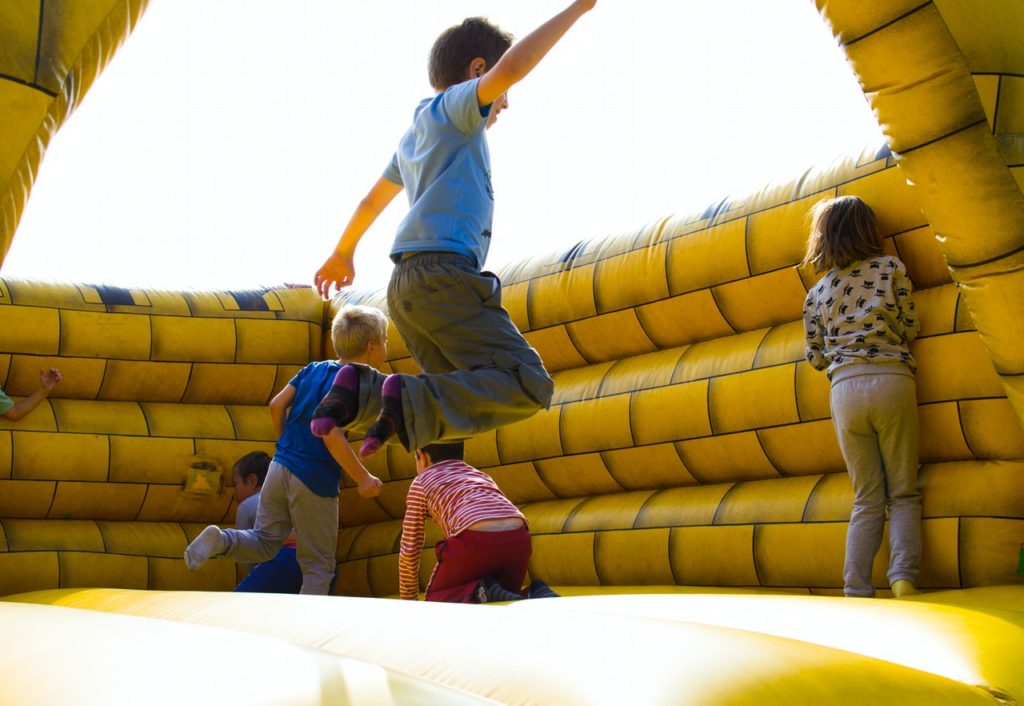General Information
We Are Born To Play

A life lived without play is less than half-lived. We are born to play
Play is the most important activity in which human beings engage throughout their lives. Through playful exploration from infancy we form the basic ideas about ourselves and our world upon which everything else is built.
Receiving and experiencing the world through play with a wide variety of objects, in a wide variety of places and wide variety of ways provides challenges for growth and development, and learning (even in adulthood!).
Our future success at negotiating life’s challenges is dependent on the effectiveness of those neural connections that formed when we were very young.
A healthy diet of play with the right materials supported by the significant adults around us, is the most important facilitator of neural growth and development throughout childhood.
In contrast, babies who have inadequate play experiences and interactions throughout their first 3 years of life can experience failure to thrive and cognitive delays.
Babies are born ready to adapt, to learn how to deal with the world they are born into. They are so incredibly responsive to their world that the human brain grows massively in the first few years of life – growing and developing neuronally, physically and in ability through rich life experiences in a nurturing and loving environment.
The currency of childhood is play, it forms the foundations for later occupations in life. In early childhood (birth to 8 years of age) children move through increasingly complex stages of play that provide early and natural exposure to the sensory, perceptual, movement, thinking and interaction skills that are at the heart of traditional learning. These stages are never completely left behind and are returned to throughout life as needed.
It is a puzzle then that modern educational bureaucrats continue their push towards ever earlier reading and writing and arithmetic – abandoning the strength based play approach in the pursuit of an ever smarter work force, despite evidence to the contrary from the leading educational systems in the world in Finland and Sweden.
Leading innovators in the world today are bemoaning the loss of playful creativity in upcoming engineers and architects. How sad that in the adult world play is too often squandered, ignored or demeaned as frivolous, unnecessary and a waste of time.
Vigotsky, a leader in early childhood education observed that play served as a mirror for future occupational pursuits. Research studies performed by Professor Laura Berk support this contention and suggest that imaginative play supports the development of self regulation skills in children (a skill that long range research has found to be more important than IQ for academic success and beyond).
Play is an imperative of human existence – we are born to do so, and must! Additionally, the more flexible the player is, the greater variety of contexts and approaches that they can take, the more successful they, and ultimately we will be in the world of the future.
Play, learn, adapt and thrive -this is the motto to keep in mind as we prepare our children for adulthood.
By Julia Eggles OTR, Author of “The Smart Parent’s Guide”